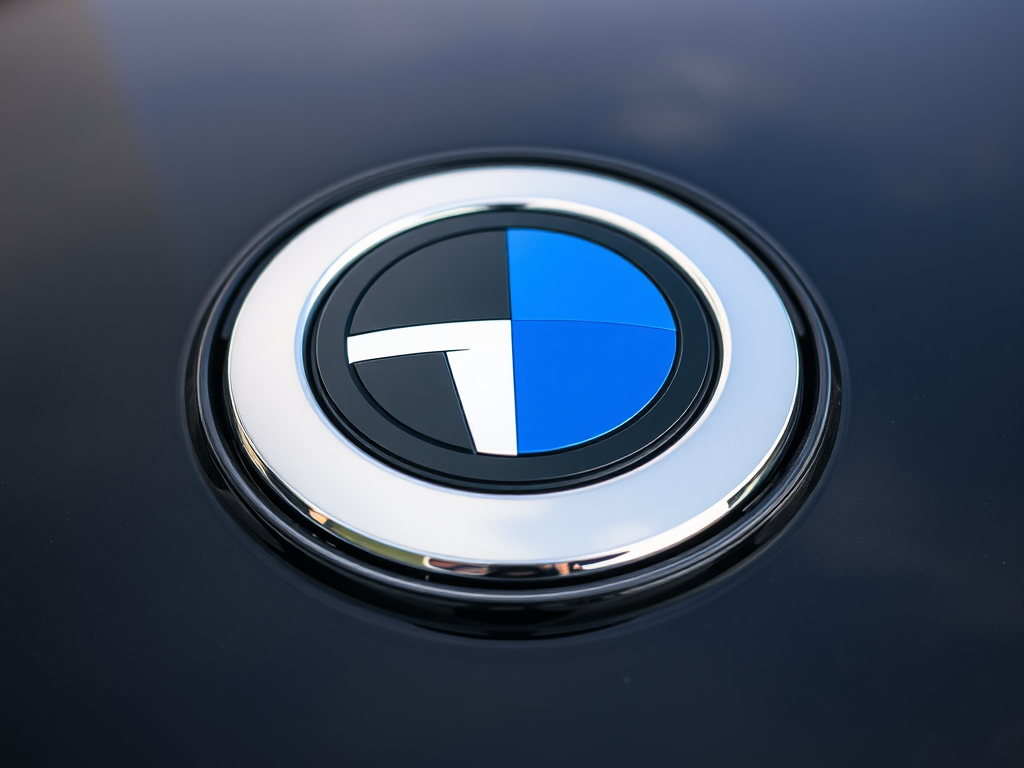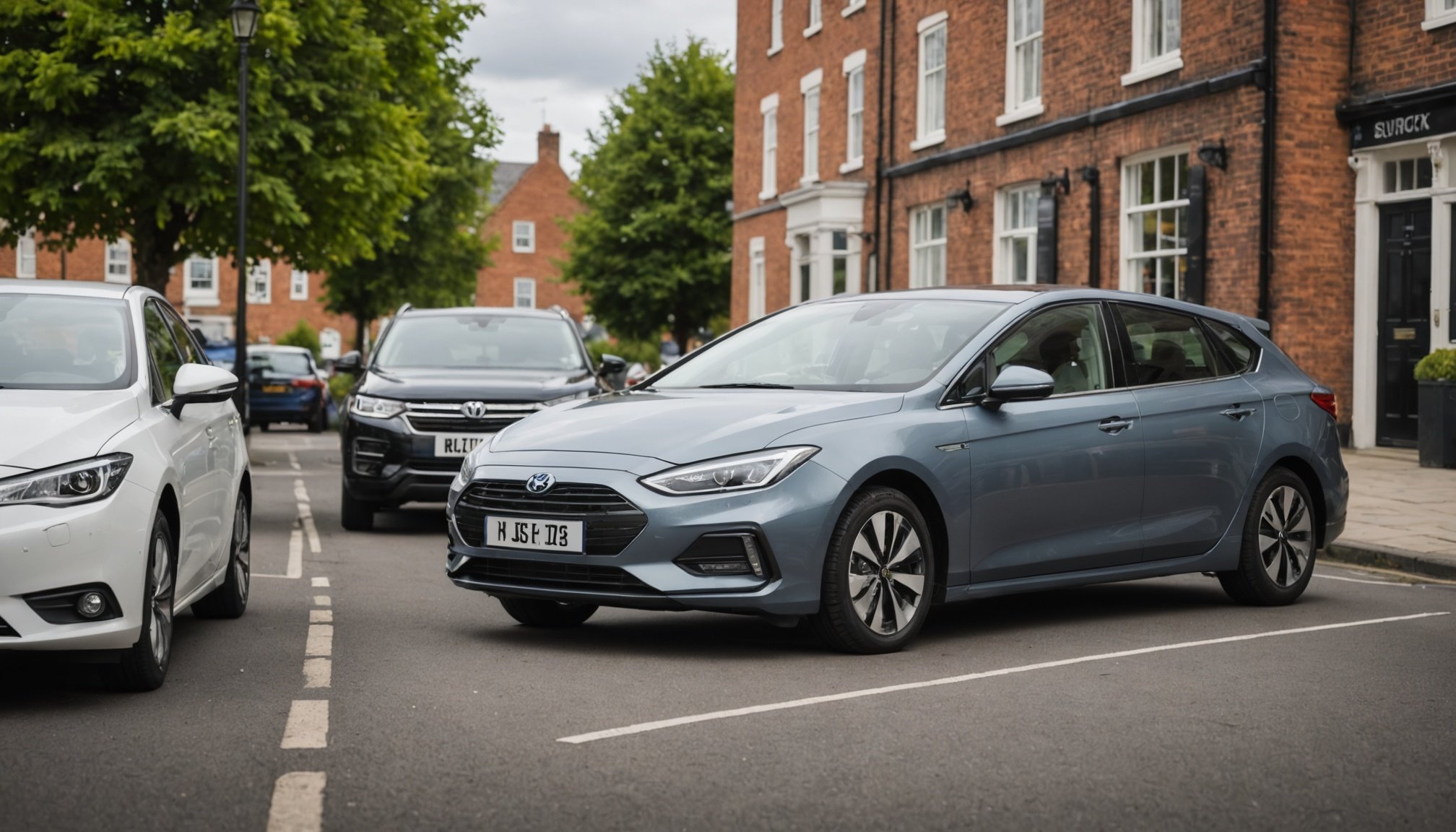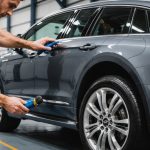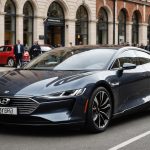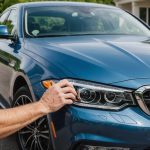As the world moves towards a more sustainable future, hybrid vehicles have gained significant attention, particularly in the UK. However, the journey to embracing this revolutionary technology is often hindered by a cloud of misconceptions. From battery life to charging capabilities, potential buyers face a myriad of myths that may deter them from making informed decisions. In this article, we aim to demystify these common misunderstandings, providing you with insights into what hybrid cars truly offer. By the end, you’ll have a clearer perspective on whether a hybrid model could be the right choice for you.
Myth 1: Hybrid Vehicles Lack Power Compared to Petrol Cars
Many assume that hybrid vehicles are powerless compared to their petrol counterparts. This misconception largely stems from an outdated belief that electric cars are inherently slow. Modern hybrids, however, have shattered this stereotype.
Also to read : How can UK drivers benefit from eco-driving techniques?
Hybrid cars are equipped with both an internal combustion engine and an electric motor, allowing them to harness the strengths of both systems. This dual powertrain enables them to deliver impressive performance. For instance, many hybrid cars can accelerate robustly thanks to the instant torque provided by the electric motor. In fact, some models can go from 0 to 60 miles per hour in a matter of seconds, making them competitive with traditional vehicles.
Furthermore, advancements in battery technology have allowed hybrids to store and use energy more efficiently, enhancing their power output. Manufacturers have prioritized creating hybrid cars that not only provide excellent fuel efficiency but also satisfy the demand for dynamic driving experiences. This development underscores the capability of hybrids to offer power comparable to, if not exceeding, traditional petrol cars.
Topic to read : What are the emerging trends in vehicle design and consumer preferences in the UK automotive market?
Myth 2: Hybrid Cars Are Too Expensive to Maintain
Another pervasive myth surrounding hybrid cars is the belief that they are prohibitively expensive to maintain. While it’s true that there might be a higher initial purchase cost, the overall maintenance expenses can be surprisingly manageable.
One reason for this misconception is the complexity associated with the dual powertrain system. However, hybrid vehicles are engineered with durability in mind. They require less frequent servicing of certain components, such as the brakes, which benefit from regenerative braking systems that reduce wear and tear. Additionally, the battery is designed to last for many years, often coming with long-term warranties that cover potential issues.
The savings on fuel costs can also offset initial maintenance expenses. With rising petrol prices, the ability to drive significant distances on electric power alone – without tapping into the petrol engine – offers considerable savings. Many UK owners report that their hybrids have lower running costs over the vehicle’s lifetime compared to traditional petrol or diesel cars. Moving past this myth, owning a hybrid can be a financially viable option.
Myth 3: The Charging Infrastructure in the UK is Inadequate
A common concern among potential hybrid vehicle owners is the perceived lack of charging infrastructure in the UK. This fear is often rooted in outdated information. In truth, the charging network has expanded significantly over recent years.
The UK government has recognized the importance of supporting the transition to electric and hybrid cars and has accordingly ramped up investments in charging infrastructure. Today, there are over 40,000 public charge points scattered across the UK, catering to a wide variety of models. Moreover, the growth of private charging solutions, such as home charging stations, has made it even more convenient for hybrid car owners to recharge their vehicles.
Public charging stations are strategically located at service stations, shopping centers, and car parks, making it convenient for drivers to charge during daily activities. Some service providers even offer rapid charging, allowing you to recharge your hybrid’s battery in a short amount of time. This advancement dispels the myth of inadequate infrastructure, ensuring that owning a hybrid vehicle is more practical than ever in the UK.
Myth 4: Hybrid Vehicles Have a Limited Range
One of the most persistent myths about hybrid vehicles is their supposed limited range. However, when examining the facts, it’s clear that hybrids offer flexibility beyond what many believe.
Unlike fully electric vehicles (EVs), which rely solely on battery power, hybrids have the advantage of a petrol engine to fall back on, effectively extending their range. This combination allows hybrids to travel substantial distances without the anxiety of running out of charge. For many models, the electric motor can cover short, daily commutes, while the petrol engine ensures longer journeys are hassle-free.
Moreover, innovations in hybrid technology have resulted in more efficient use of energy, improving the range of what these vehicles can achieve on a single tank of petrol and a fully charged battery. In practice, some hybrid cars can travel hundreds of miles without requiring a stop, making them an ideal choice for both city and long-distance driving.
This adaptability, along with improved charging infrastructure, makes hybrid vehicles a versatile option that can meet the needs of diverse driving styles.
In light of these discussions, it’s clear that many myths surrounding hybrid vehicles do not hold up against current realities. From power output to maintenance costs and charging infrastructure, hybrid cars have evolved to meet the expectations of modern drivers. As the UK continues to embrace greener solutions, understanding the true capabilities and benefits of hybrid vehicles will be vital for making informed decisions. Whether you’re considering a hybrid for environmental reasons, economic savings, or simply as a powerful driving alternative, debunking these misconceptions can guide you towards a more sustainable automobile future.
